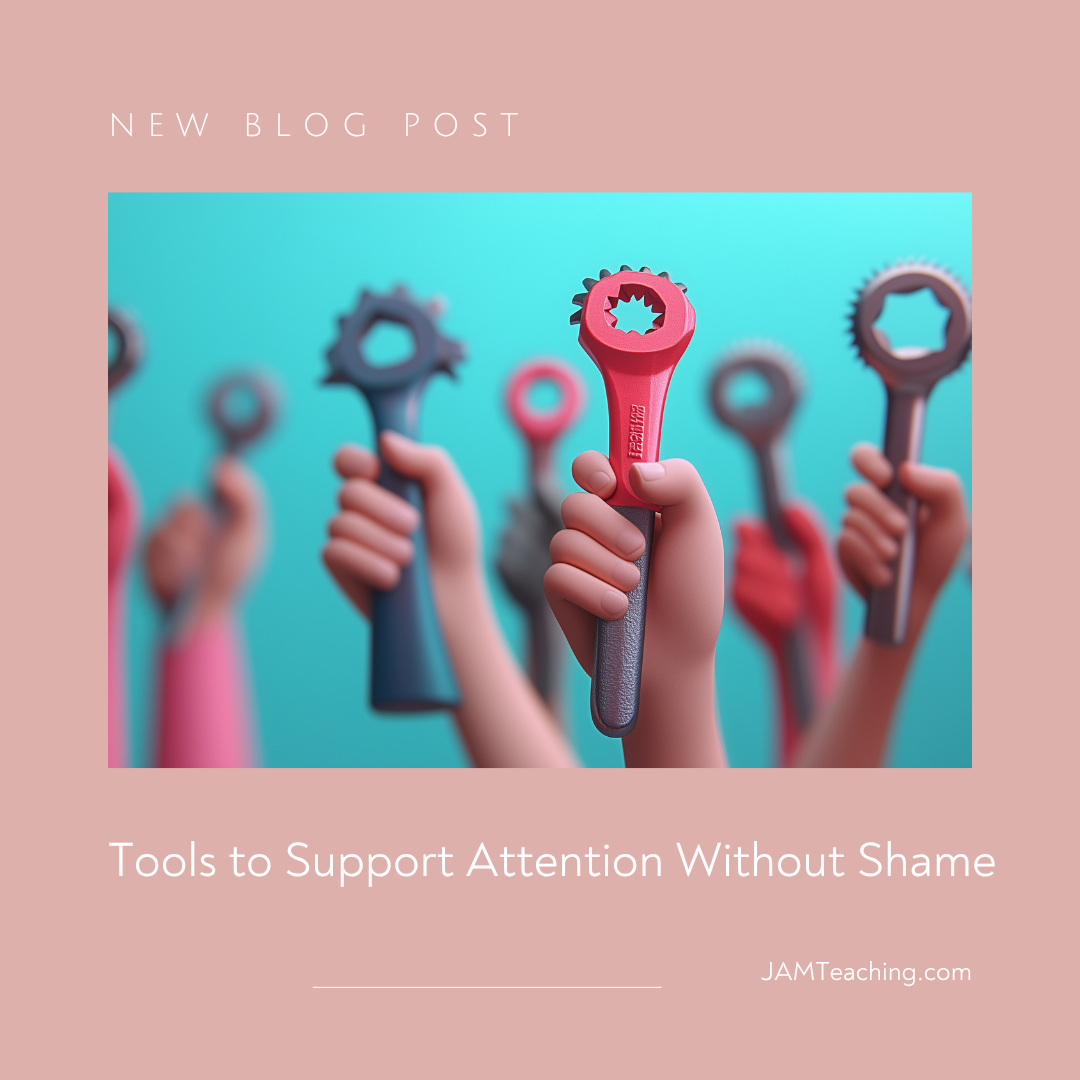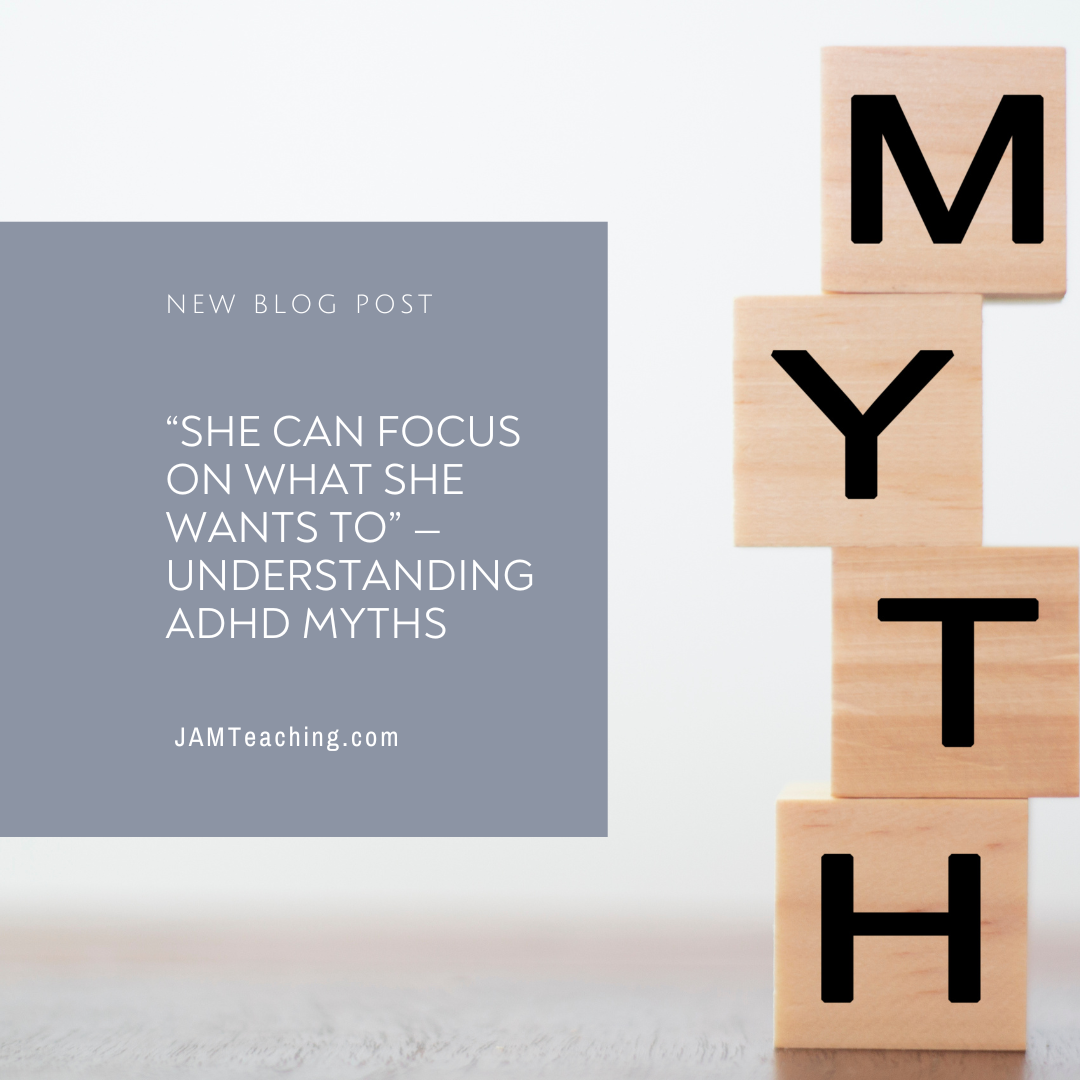.png)
Parents and educators know literacy's vital role in a child's development. Reading and writing are critical for success in school and beyond. But did you know that a child's literacy journey begins long before they start formal education? That's right – literacy development starts in the earliest years of a child's life. In this post, we'll look at early literacy, why it's so important, and some strategies parents and educators can use to support children on their literacy journey.
What is Early Literacy?
Early literacy refers to developing young children's language, reading, and writing skills. It encompasses a range of skills and abilities, from recognizing letters and sounds to understanding the meaning of words and sentences. Early literacy skills are foundational to later academic success – children who enter school with strong literacy skills are more likely to perform well in reading and writing, complete high school, and attend college.
Why is Early Literacy Important?
Early literacy is crucial for a child's future success, but it also has immediate benefits. Language and literacy skills are essential for communication and social interactions, and they help children understand the world around them. Research has shown that children with high levels of early literacy skills are more likely to have positive experiences in relationships, be more confident, and have increased self-esteem.
Strategies for Supporting Early Literacy
Parents and educators can support early literacy development in children in many ways. Here are a few ideas to get you started:
Read, read, read! Reading with children is one of the most effective ways to promote early literacy. Make it a daily habit and encourage children to participate by asking questions, making connections, and predicting what might happen next in the story.
Talk and sing. Talking and singing to children helps build their vocabulary and comprehension skills. Experts recommend talking and singing to children as much as possible – during playtime, in the car, or in daily routines like bath time.
Play with letters and sounds. Encourage children to play with letters and sounds through activities like rhyming games, letter recognition, and sounding out words.
Expose children to a variety of texts. Reading different types of literature – like picture books, chapter books, poetry, and nonfiction – helps children develop other literacy skills and broadens their understanding of language and the world around them.
Model literacy skills. Children learn by watching and imitating adults, so model good literacy habits like reading, writing, and speaking clearly and effectively.
Early literacy is a critical component of a child's development, and there are many ways parents and educators can support children on their literacy journey. Reading with children daily, talking and singing to them, playing with letters and sounds, exposing them to different texts, and modeling good literacy habits can help build a strong foundation for their future success. Let's prioritize early literacy and give our children the best start possible!












.png)